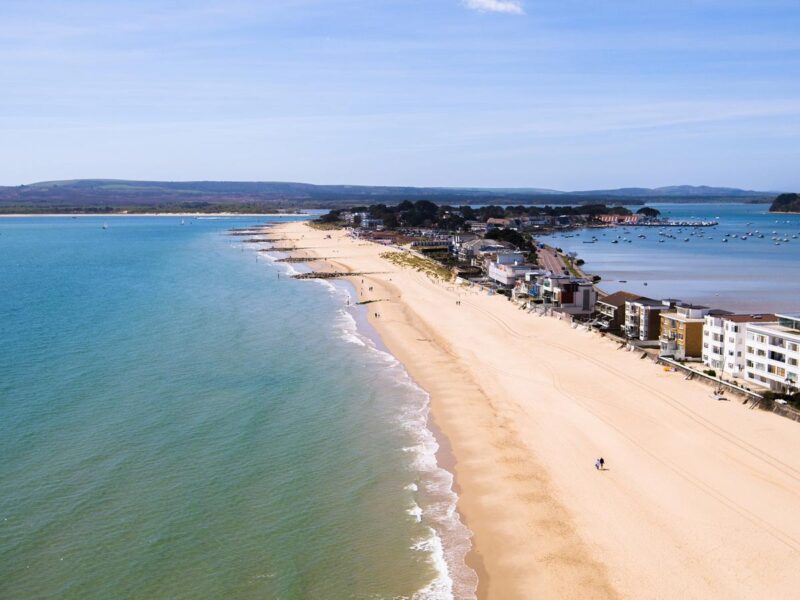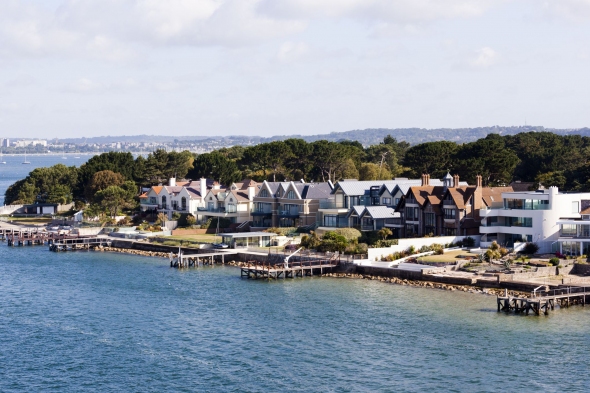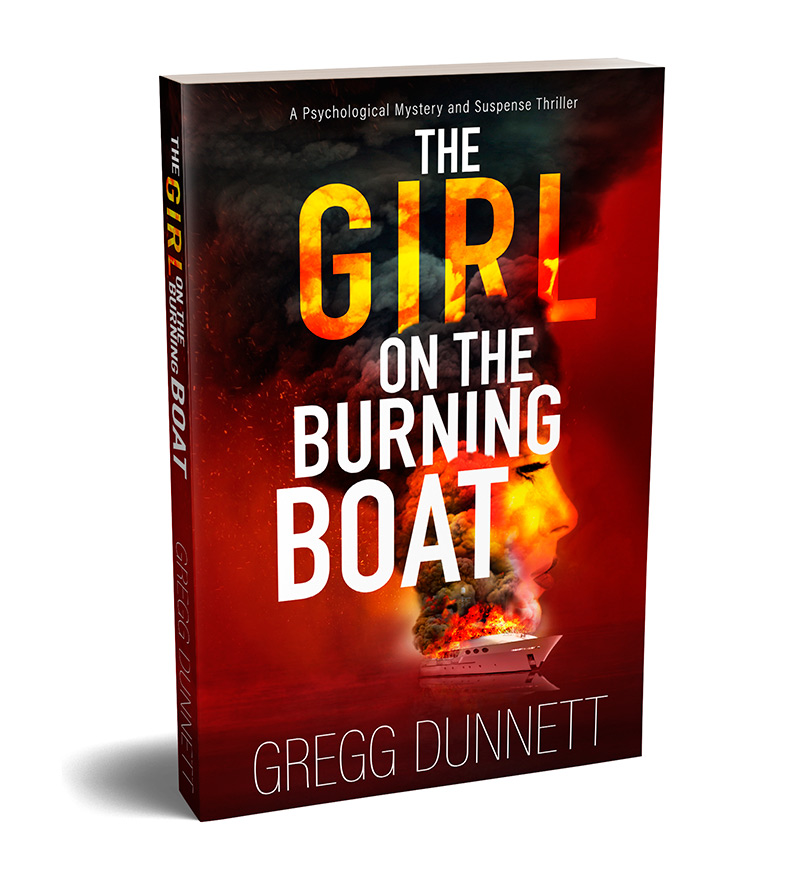A twist in the tale
To me, a really good story needs to have a really good twist. As a reader (or viewer) I love that moment when everything you think you know about a story drops away, leaving a moment of sheer vertigo, before you realise what’s really been happening all along. I especially love it when every piece fits – every detail that seemed to mean something in the first version of the story, takes on an even deeper meaning when the true reading of events is revealed.
But twists are hard. I know this from experience. Real pull-the-rug-out-from-underneath-you twists I mean – like the moment in The Usual Suspects, when Kevin Spacey walks away and you realise that everything he’s been telling us the whole movie is a lie. Or in Gone Girl where you see that not only is the supposedly murdered wife not dead, but she’s framing her husband to make it look like he killed her. But I suppose that’s why such moments become so famous. When done really well, a twist becomes legendary.
There’s another problem too. When you have a story with a big plot twist, you have to be very careful how you talk about it, in case you spoil the surprise (as I’ve just done with the two examples above, sorry about that). Arguably it might even spoil the surprise to know there is a twist at all, because then we’re looking for it, keen to outdo the storyteller and not be fooled. But this is even more problematic because how do you tell readers who love the drama of big twists that this is a book with a twist?
So even though I want to tell you the story behind my fourth book The Girl on the Burning Boat – which is written to include a big twist – I have to be careful, and somewhat selective, with what I say. As a result, I’ve decided to fill in some of the blanks with my thoughts on the nature of twists along the way.
I used to live in a town called Bournemouth, which is just down the road from what is supposed to be the most expensive real estate on the planet. It’s an area called Sandbanks, which sits on a narrow strip of land that divides the (very beautiful) Poole Harbour from the (equally beautiful) Poole bay. It’s not very big, which helps drive up the prices, and the very best plots are owned by some of the UK’s – and the world’s – wealthiest people.

We sometimes liked to visit, cycling through Sandbanks and taking the ferry across the narrow harbour entrance to the Purbeck hills beyond. And it was common to overhear snippets of conversation from other tourists, speculating over which celebrity lives where, and which footballer or model they’ve just seen dining in the restaurants. Yet I’ve always been more interested in the people living here who aren’t famous. The shadowy super-rich. I suppose they’re bankers, or businessmen, but no one ever seems to know exactly what businesses they run, or any details about them at all really. They’re just there, living parallel lives to the rest of us, behind high walls topped with security cameras, or perhaps not even there at all, but spending time in equally expensive homes in other parts of the world.
It’s not hard to imagine that such people might have some dark secrets hidden away – we almost expect it, which gives an interesting opportunity for a novelist looking for somewhere to set a book with a twist. Not necessarily to play into our expectations of a murky past, but perhaps to twist them a little.

So when I set out to write The Girl on the Burning Boat, I decided it would be set in a slightly fictionalised version of Sandbanks. But since I’m not from this world, I needed a way in. I decided to create a character from the more ordinary world who could become mixed up in the rarefied Sandbanks air, and therefore guide us around. That’s why the book opens with a much more normal figure, our protagonist Jamie.
He’s a handsome young medical student, working any job he can find in order to pay his way through college. He thus takes a labouring position helping to strip out an old kitchen from one of these sumptuous houses, in time for another one to be fitted in its place.
Of course, this being Sandbanks, there’s nothing wrong with the old kitchen – it’s only slightly less luxurious than the one that’s replacing it. But that’s not the point. I liked the idea that he might find – when poking around in the actual cupboards of one of these secretive families – something that hinted at the skeletons that were hidden there.
When creating a story you have to start somewhere – a place, an idea – and then build upon it. You have to create the entire story from these open questions. What might he find? Whose house is he in? What might they do when they know what he’s found? But when you’re trying to write a book with a big twist built in from the start, you have to almost create two versions of the story – the first version, which you’ll initially present to the reader, and then the second version, that’s waiting when the veil is whipped away. It’s perhaps the most difficult thing for writers to do.
So when I set out to write this book I had no idea what the twist was going to be, only that I wanted to try and create a good one. And like all good twists, I wanted it to come from a place that fitted the setting – from within the same world.
The book is set within a fictionalised version of the wealthy world of Sandbanks, where money comes up hard against yachts and sailing. I’m not from this world, but by coincidence I have spent some time within it once before, and it is from this encounter that I finally found the twist.

I was working for a sailing holiday centre somewhere in the Mediterranean. I won’t say where, nor give the name – it’s not important. It’s enough to know it’s a place that deliberately charges exorbitant prices to put ordinary holiday makers off, so that the centre’s actual clientele can spend their leisure time suitably insulated from the common masses.
Many of the instructors working there were the children of this wealthy class, come to have some fun in the sun before going on to big jobs in business and politics and law. And the centre’s workforce was topped up when necessary by carefully-vetted middle-class kids like me. And that’s how I got to meet James. That’s not his real name either. James was spending the summer teaching sailing but would soon return to Cambridge University, where he was studying law, and where he shared a house with some other exquisitely well-connected and well-financed young people. And one of those came out one week on holiday. Let’s call him Dom.
Dom was the kind of guy who makes an instant impression. He was outgoing and confident, but not in anyway brash. Instead he was polite, and considerate, and seemed genuinely interested in everything and everyone around him. I ended up teaching Dom to windsurf, and in the evenings groups of us dined out in the wonderful fish restaurants – where I learnt more about him. He was studying for his PhD, having already gained a first-class degree in classics from Oxford. On top of his already full-time course, he ran several small businesses – as he called them. But when he described them, they sounded more like quite large businesses. But most impressively of all. On top of all this, he had also established and was running a fairly major charity. Every year he raised hundreds of thousands of pounds and was using it to build orphanages out in Romania.
And it wasn’t just that he sent the money out there. He spent a week or two of every month actually in Romania, overseeing the construction, and making sure the money was properly spent.
Dom’s achievements were so impressive it was helpful to have James on hand, to shrug his shoulders in recognition that Dom was truly something quite special – even with their world where high-achieving was commonplace. James told us how Dom would often be up all night, poring over blueprints for buildings, or on his mobile, speaking fluent Romanian – having picked up the language almost effortlessly.
A couple of days later, Dom’s girlfriend flew out to join him. She was a model and she was every bit as stunning, and charming, and engaging and just incredibly lovely, as you’re probably imagining.
A week later they left, and eventually the season ended. James went back to Cambridge, and I went back to my normal world. And it seemed my dalliance with the wealthy elite was over. But then, maybe a year or so later, I bumped into James again, and as we were chatting I asked him what incredible things his friend Dom was up to now. And his response shocked me.
For a while he just went quiet. Then he looked awkward, and finally he told me the truth. It turned out that Dom left his circle of friends, and left Cambridge, following certain revelations about his past. You see, Dom did not have a first-class degree in classics , nor was he studying for a PhD – at least, not as far as the university was aware. He was simply turning up to lectures and study groups as if he were, and no one thought to check. Furthermore he had not set up any businesses, the ones he claimed to own were real, but they were nothing to do with him. And finally – you’ve guessed it – he hadn’t set up a charity in Romania. There were no orphanages, no buildings beyond the blueprints that Dom had proudly shown off. It was all an elaborate and bizarre fantasy. Not quite a scam – just, not real. In story terms, quite the twist.
As James told me all this, he looked rather sheepish, as if perhaps he should have seen through it – after all he was sharing a flat with the guy. But then he shrugged his shoulders as if to say that no harm was done, and he would give it no more thought.
But I did. I thought it was fascinating, particularly having met Dom personally and finding him so utterly convincing. Despite how his list of personal achievements was so unbelievable, it simply never occurred to me that they might be not true.
And it was this memory I reached for when searching for the twist to my fourth novel. You won’t find Dom in the book in any recognisable way – and I don’t think the above will give you any clue as to what’s going on – at least no more than simply knowing there is a twist. But I found one element from poor old Dom that seemed to fit the Sandbanks world rather well.
I hope you’ve enjoyed this twisted little tale, and I hope you’ll give the book a go. It was fun to write. You can read it free if you’re a Kindle Unlimited subscriber, or get the eBook, or paperback from Amazon, and it’s also available as an audiobook on Amazon, Apple & Audible

